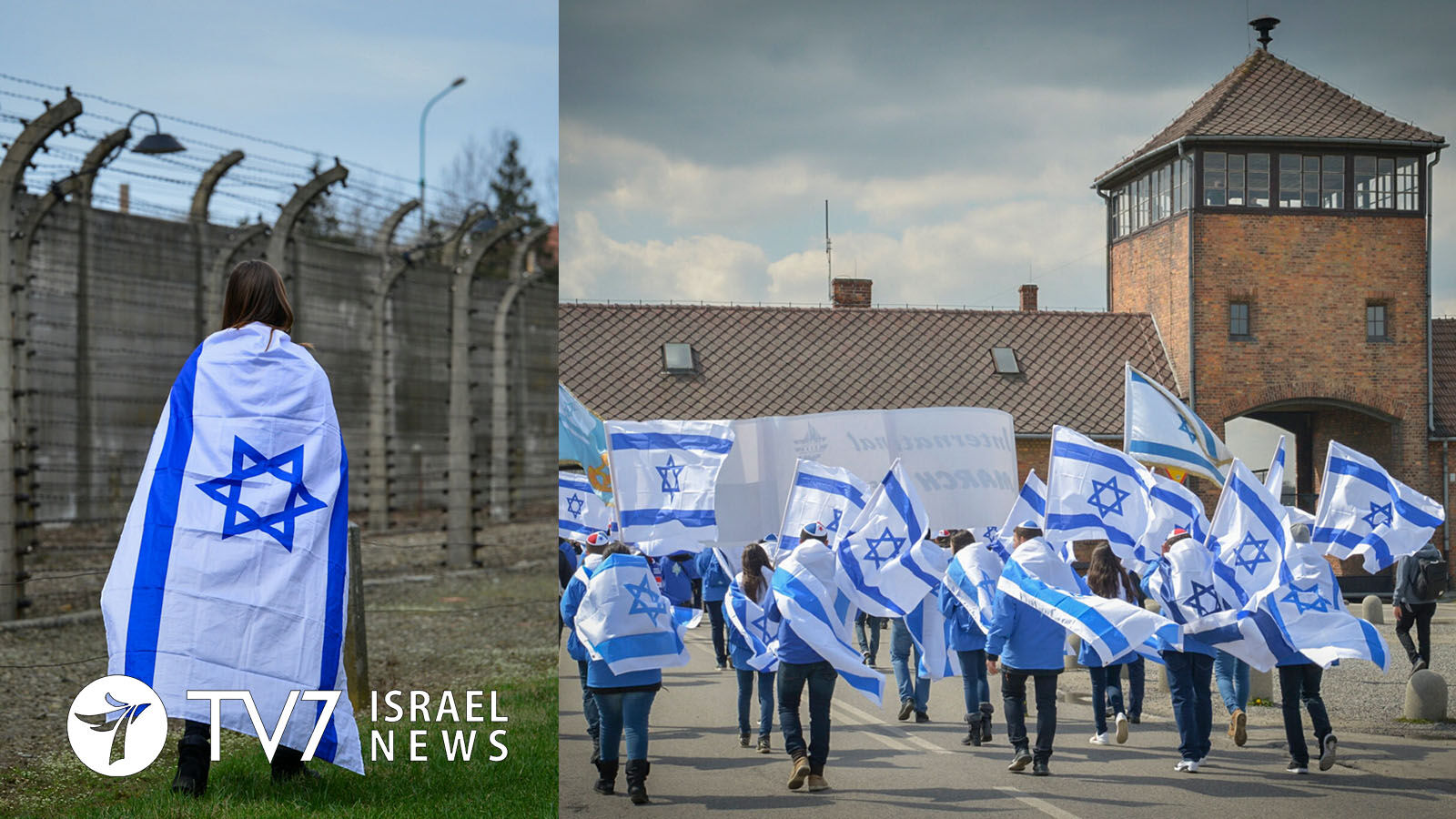Annual pilgrimages to Holocaust sites were suspended over the past 3 years due security and curriculum disputes between the two countries.
By Erin Viner
Around 40,000 Israeli 11th and 12th graders have long visited former Nazi camps in Poland to study the Holocaust and memorialize six million Jews killed during World War Two.
Nearly 50% of the 3 million Jews living in Poland before WWII were among those murdered by the Nazis and their collaborators. Many of the Third Reich’s most heinous concentration camps – including the Auschwitz-Birkenau extermination camp complex – were built in Poland after its 1939 occupation.
The trips were halted following Warsaw’s unexpected decision to bar armed ISA agents from providing security for the youth in contravention of previous arrangements, as well as Jerusalem’s concerns that Warsaw was attempting to control content of the studies in an effort to minimize local complicity by Polish collaborators in the genocidal Nazi campaign.
In 2022, Polish Deputy Foreign Minister Pawel Jablonski asserted that the previous agenda needed to be revised “due to systematic problems leading to the strengthening of false stereotypes, which negatively impacts Polish-Israeli relations.”
Details as to how the disputes and the resulting diplomatic fallout were ultimately resolved have yet to be released.
A delegation led by Israeli Ministry of Foreign Affairs (MFA) the Director General Ronen Levi (Maoz) reached an initial agreement with the Polish government to resolve the issues concerning the security of the delegations and the subject matter of the visits, said an MFA statement obtained by TV7.
The Israeli envoys, including representatives of the MFA, the Ministry of Education and the Israel Security Agency (ISA, Shin Bet) met with members of the Polish government in Warsaw.
In the talks that took place at the Polish Ministry of Foreign Affairs, ISA representatives agreed with their Polish counterparts on an outline for the security of the youth delegations, and representatives of the Ministries of Foreign Affairs and Education led the discussion on the subject matter of the delegations.
“The resumption of the delegations is an important step towards a solution to the crisis in relations with Poland,” said Foreign Minister Eli Cohen, adding that the development is “an important decision both from an educational and national point of view. Preserving the memory of the Holocaust is one of the mainstays of the work of the Ministry of Foreign Affairs. We will continue to promote a solution to the crisis in relations with Poland.”
Israeli Minister of Education Yoav Kisch said he also welcomed “this is a very significant decision of exceptional national importance and values,” which is of “great importance in imparting the memory of the Holocaust and the study of our heritage as a nation to all Israeli students.”
Concurring with the reinstatement of the visits next month, Israeli Prime Minister Benjamin Netanyahu hailed the agreement, saying that “the lessons of the Holocaust can be learned in many ways, but there is nothing better than seeing for yourself.”
